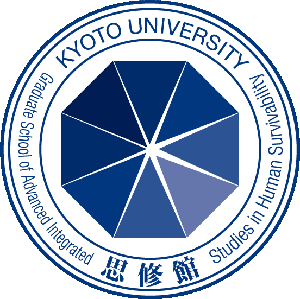VENUE
Kyoto University Shirankaikan Inamori Hall
DOWNLOAD
Poster Flyer Program Profiles Abstracts
IMPORTANT ANNOUNCEMENT
Unfortunately, Prof. Martin Rees is unable to join our international symposium
but he has delegated to his postdoctoral students, Julius Weitzdörfer and Dr. Shahar Avin, to give the keynote lecture on 21 November.
For more details about Julius Weitzdörfer and Dr. Shahar Avin, please click on the “Profiles” button.
